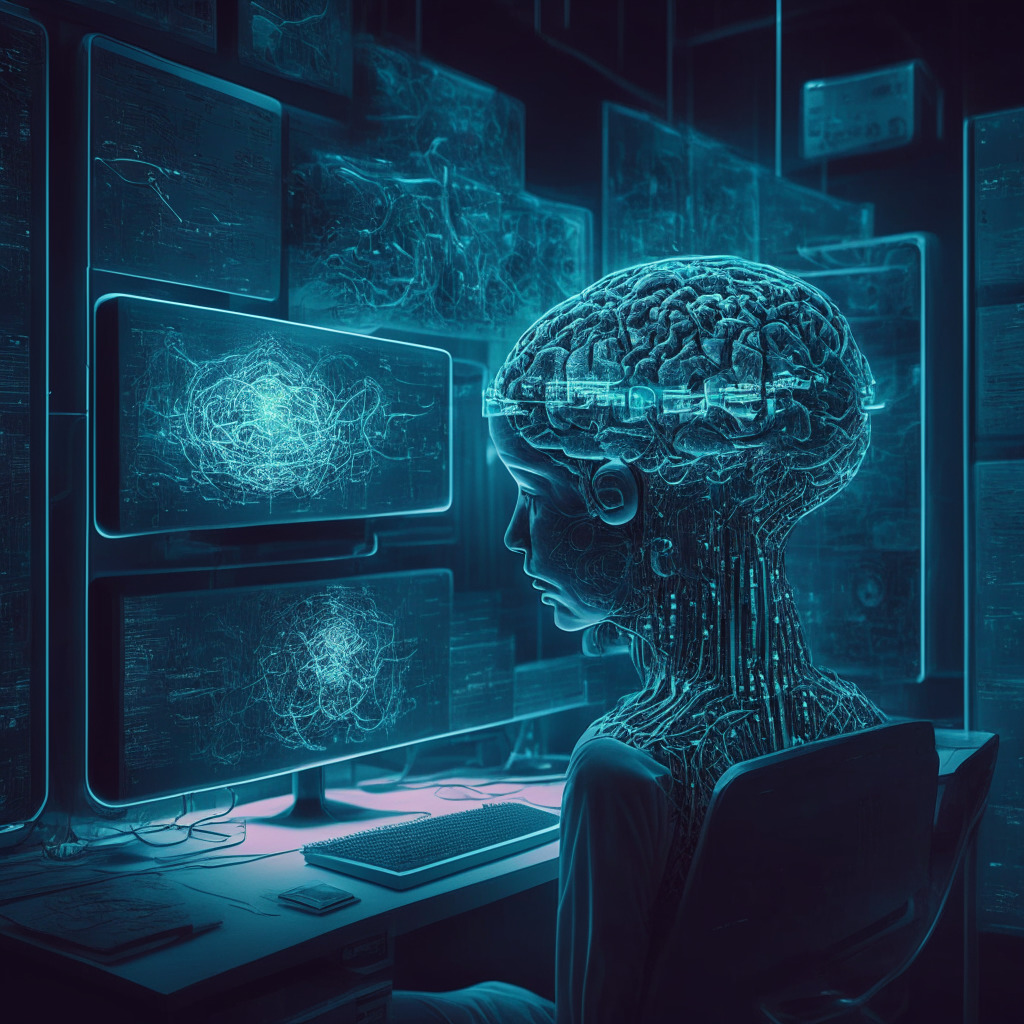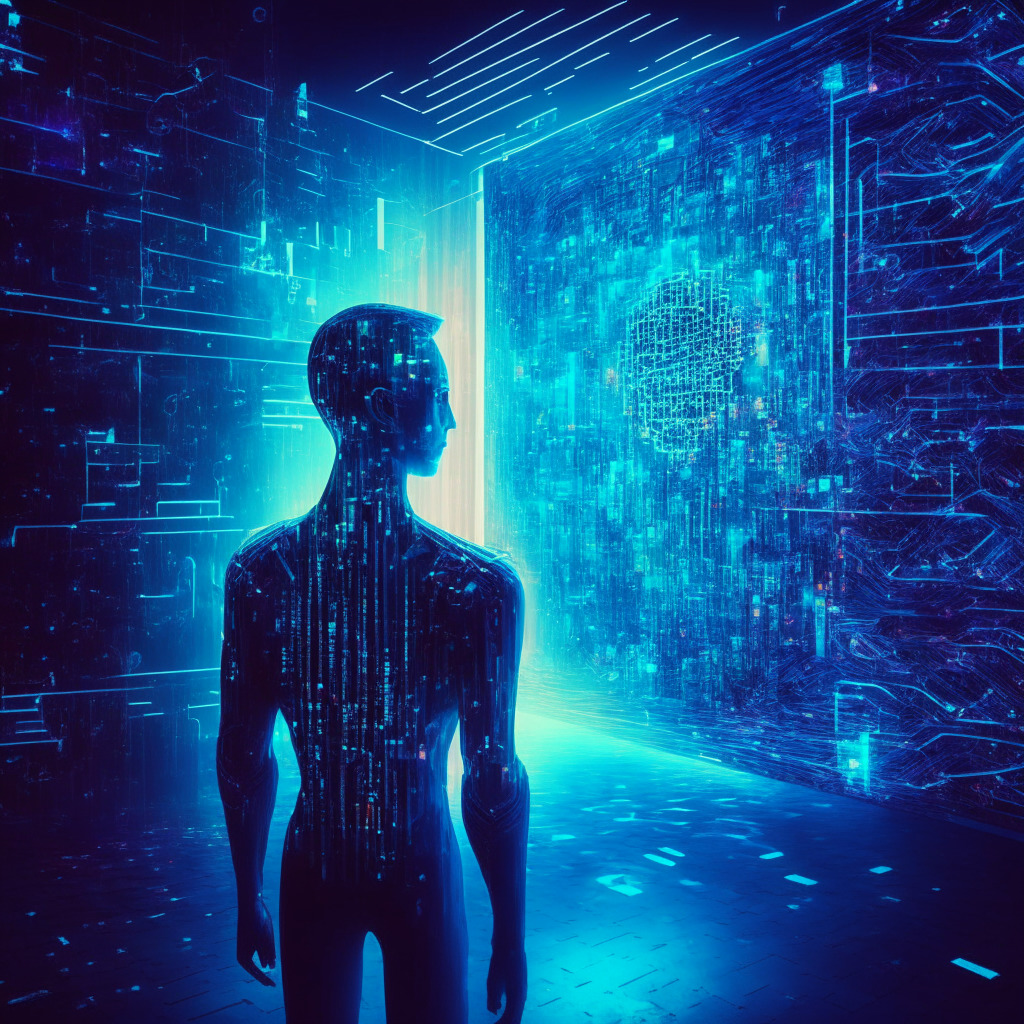Researchers from the University of Texas at Austin have developed an artificial intelligence (AI) system that can interpret and reconstruct human thoughts. Although highly experimental, this technology may one day evolve to record human thoughts on the blockchain in real time, forever altering industries such as intellectual property, collectibles, and even digital assets.
The researchers assert that previous methods of decoding thoughts were either invasive or limited in their scope of understanding thought patterns. By employing a non-invasive fMRI machine, the team collected data from test subjects as they listened to podcasts to train an AI system called a generative pre-trained transformer (GPT). With a 50% success rate, the trained AI managed to decode the brainwaves of its subjects as they engaged in various activities, although accuracy hinged upon subject cooperation.
As the technology advances, the question of privacy and consent comes into focus. Can a user’s thoughts be extracted without permission? Presently, AI decoding of thoughts requires subject cooperation during the training and use of the decoder; however, advancements may eventually obviate this need.
In a related study, Saudi Arabian researchers utilized a blockchain-based neural network to improve the accuracy of brain tumor diagnoses in MRI scans. This secure, decentralized processing of medical data minimizes human error and increases precision.
The University of Texas researchers used a GPT, which is the same technology that powers large language models like ChatGPT and Bard, while the Saudi team utilized commercial GPUs from 2016. This widespread availability of technology raises concerns about potential abuses and convergence of these two fields.
A future in which AI systems can read a person’s thoughts and store them on the blockchain leads to a plethora of possible use cases. In the realm of copyright and patent applications, a thought-to-blockchain mechanism could serve as definitive proof of intellectual property creation. Prominent thinkers could solidify their ideas in a medium that is both immutable and verifiable, allowing their philosophies to gain traction as collectible digital assets.
On the other hand, there may be unintended consequences such as the potential violation of privacy, misuse of thought data, and the commodification of thoughts on the blockchain. Nevertheless, as the technology behind thought-decoding AI advances, both the possibilities and the challenges waiting to be unlocked are worthy of being explored by the wider community.
Source: Cointelegraph




